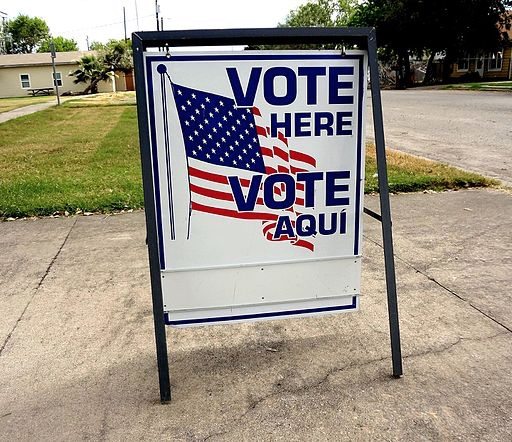
June 18, 2017; Houston Chronicle
A new report from a voting rights advocacy organization shows hundreds of would-be voters were delayed from voting, while others were almost turned away entirely during the 2016 presidential election because of confusion over current state voter ID laws.
The Texas Civil Rights Project (TCRP) recently released a report that cited these issues, among others, noting that minority groups were particularly affected during the 2016 election cycle.
TCRP Voting rights director Beth Stevens said, “Through our Election Protection Coalition, we heard directly from thousands of voters about the barriers they faced in our electoral system.”
About 4,000 incidents were logged, which the report is based on. Of the 3,100 callers who specified their race, 52 percent identified as Latino or Hispanic and 20 percent as black or African-American. Stevens noted it’s very likely many more people had issues at the polls but didn’t report them.
Of the incidents tracked, most were issues related to polling place problems, voter registration status, or voter ID requirements.
Zenen Jaimes Perez, communications director for the nonprofit, said the organization has trained researchers who go through a process checking data in verifying claims made by callers. Hundreds of reported cases throughout the state were left out, as they did not add up during the verification process.
Sign up for our free newsletters
Subscribe to NPQ's newsletters to have our top stories delivered directly to your inbox.
By signing up, you agree to our privacy policy and terms of use, and to receive messages from NPQ and our partners.
The report also claimed the number of provisional ballots, which are given to voters when their registration information is in doubt, increased statewide during the November elections.
According to the report, issues that affected voters at the polls included:
- Not being on the voter rolls because of slight discrepancies in their names or addresses
- Confusion about voter identification requirements often prompted by misleading information at polling locations or from poll workers
- Polling location problems such as polling sites being changed or eliminated. Most of these reports came from predominately black areas of Houston.
- Wait times of more than an hour, resulting from either too few poll workers or machines being inoperable or unused.
All of this comes after the 2011 Texas law that required all voters to present a government-issued ID. That law was found to be discriminatory against minorities and the poor by a federal appeals court in July of last year. Texas and the Department of Justice reached an agreement to allow voters without an accepted form of ID to cast a ballot if they showed a voter registration card, a document from an approved list, and a signed declaration saying they could not obtain acceptable identification.
Governor Greg Abbott and supporters say the tough ID law is needed to prevent voter fraud. But opponents warn that these requirements disenfranchise those who have difficulty obtaining an ID. Currently, over 600,000 Texas voters lack a suitable ID under this law. Approximately 8.5 million Texans voted in the November 2016 election.
Even with the amended rules for voting due to the court’s ruling, many polling sites during early voting had signs that said voter ID was required, with no reference to allowable exceptions.
The confusion over voter ID is significant because officials pushing voter verification laws often argue the measures aren’t discriminatory if voters receive a free card identifying them or possess an acceptable form of ID and can produce other verification. But this report shows the issues in Texas still exist even with those safeguards in place.—Angie Wierzbicki













